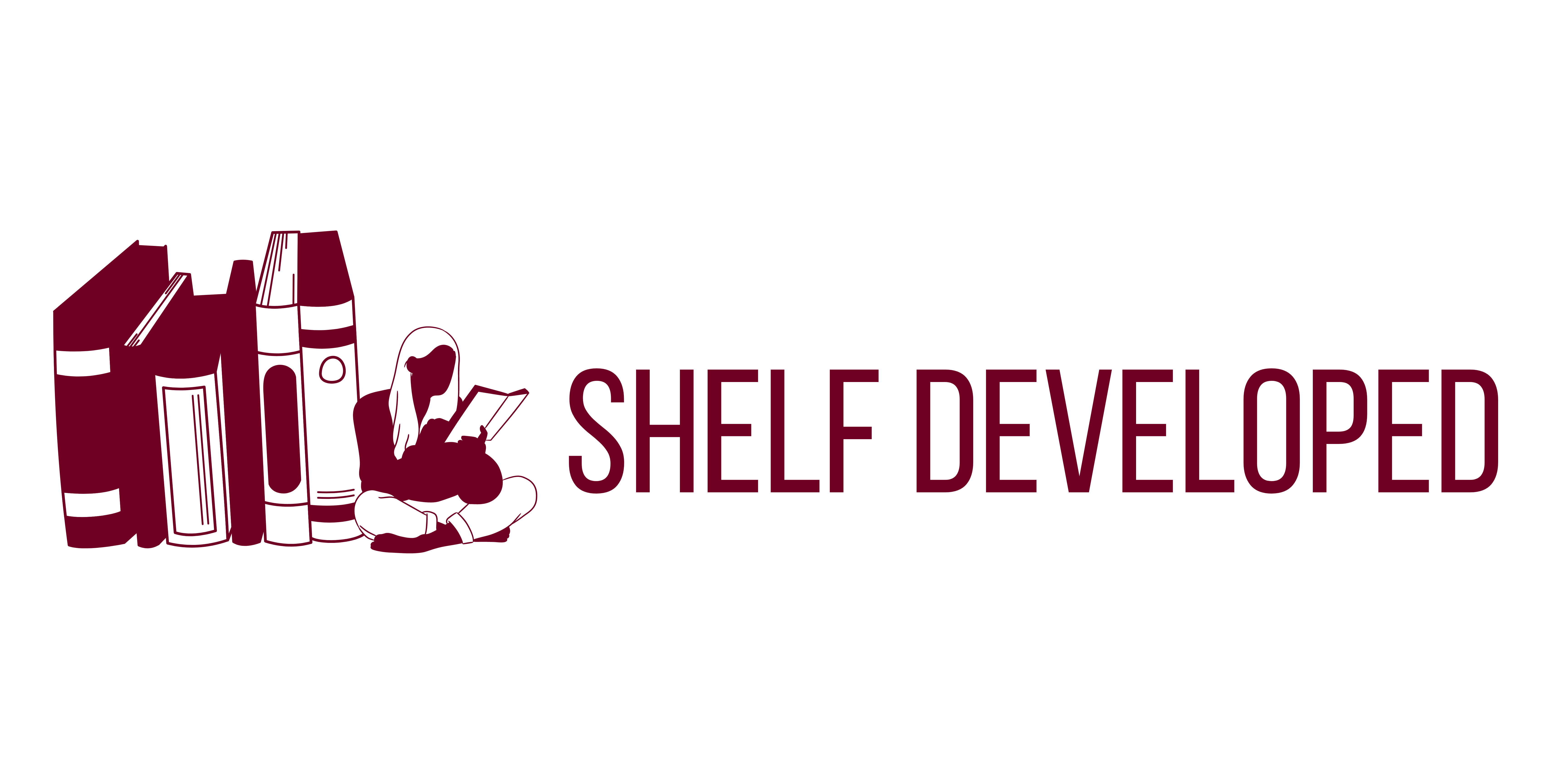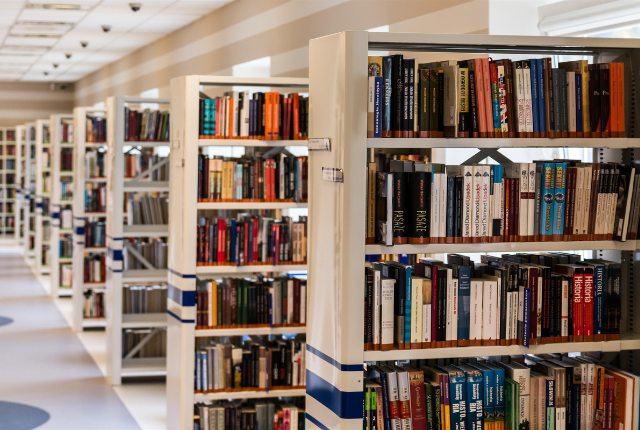Book bans are taking over America. Even Margaret Atwood wrote about her books being banned in schools, remaining confident that young readers would find a way to a copy of The Handmaid’s Tale. It’s never been easier to access books in the history of humanity. But why are books being banned? What do we hope to protect children from?
Censorship is nothing new. It’s a mandate to preserve the status quo in lieu of changing tides. Centuries back, books were banned because they were preaching heresy or supporting deviancy. Some decades ago, bans were mandated on books that condemned slavery or explored topics subjectively considered immoral.
The logic behind book bans seems redolent of disease control. In the same way that the threat of a disease compels us to contain it at all costs, we attempt to contain a book’s ideas lest they galvanize undesirable action. The goal is inertia, whether that be religious order or political order. But this line of thinking assumes tabula rasa, the theory that all humans start out as empty vessels that gradually contain knowledge based on external influences like interactions and experiences with the world.
But in isolating people from ideas, we are isolating people from feeling and being understood. Books bridged that gap, so often felt in adolescence. Reading certainly helped me grow up. The best kinds of stories are the ones where you see yourself in a character. They give you a chance to examine the choices you may or may not have made in slightly different (or not so different) situations or relationships. Sometimes, the characters we love are like our surrogates. Stories aren’t just entertainment. Neil Gaiman calls them lies—fantastical lies—that we use to tell a very human truth.
I’m not a mother, but I was once a child. I’m also an aunt. If we can’t trust children to responsibly think about what they read in books, then we have failed. If we think minimizing and surveying literary choices is a form of protection, then we’ve failed to teach children to become superior readers, to become critical thinkers.
Allowing children to choose what they read and to read their selection is an opportunity to examine their thinking. Otherwise, our old English teachers would have never asked us to write an essay. Stephen King said in his memoir that writing is refined thinking. Sometimes books are the best way to broach difficult topics, too, like sexuality or racism. They can bridge a chasm that some grown ups deem too wide to cross through conversation with young people. Like art, stories are contained examinations. They level all of us when it comes to our own interpretations.
Books are not what we should be afraid of. Nobody needs protection from books. What we should be afraid of is the inability to think for ourselves, and being robbed of the tools to do so.

